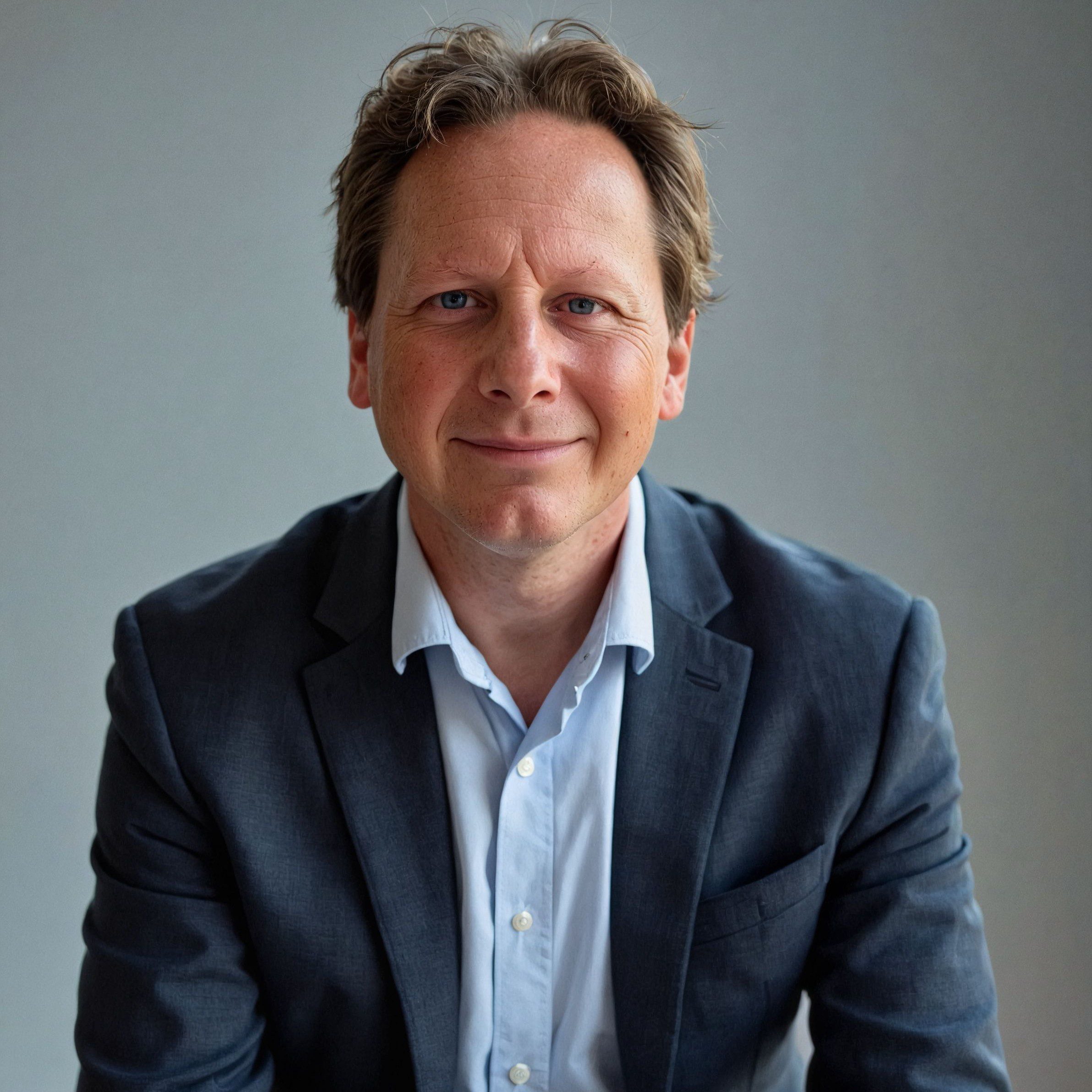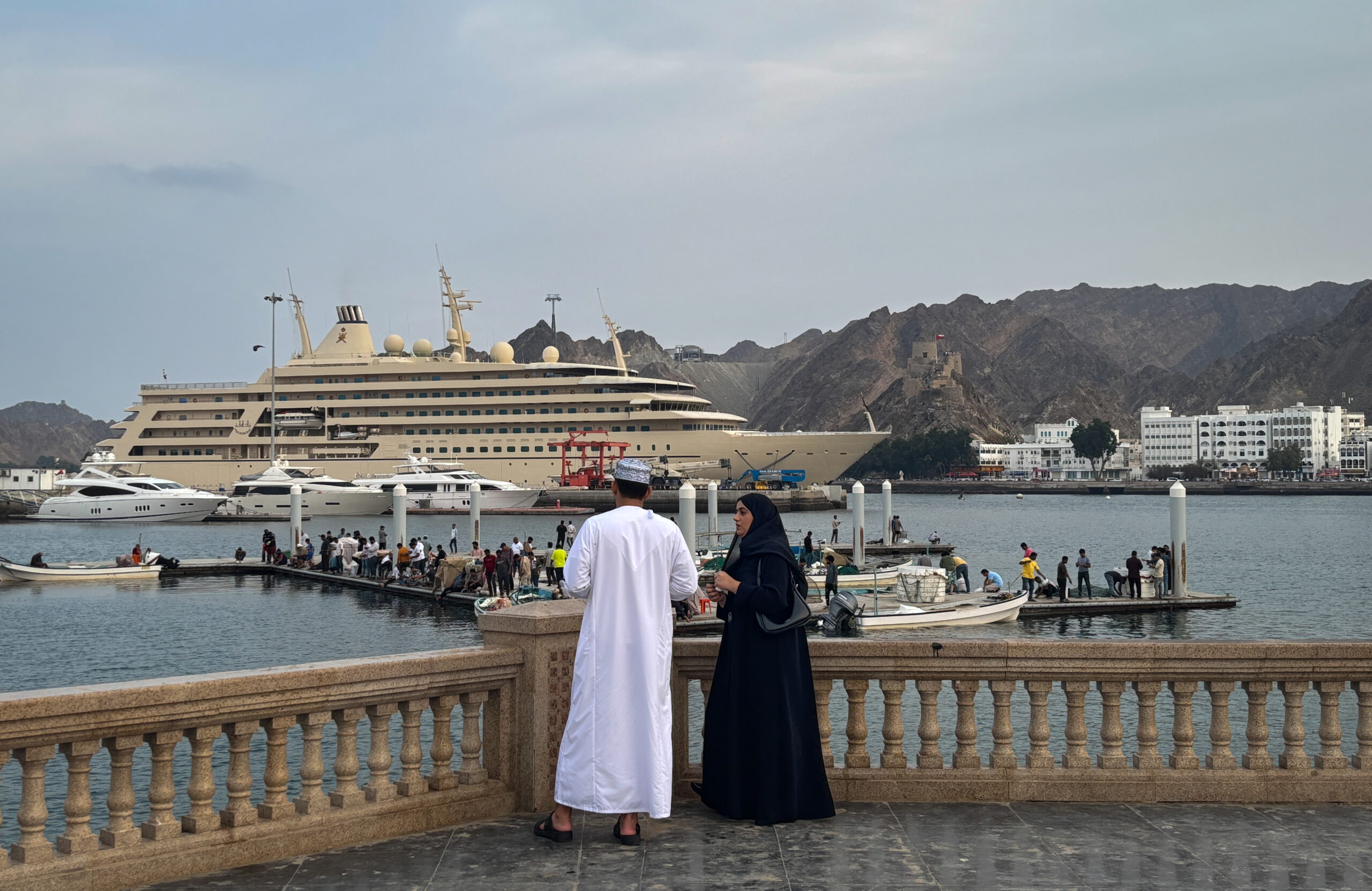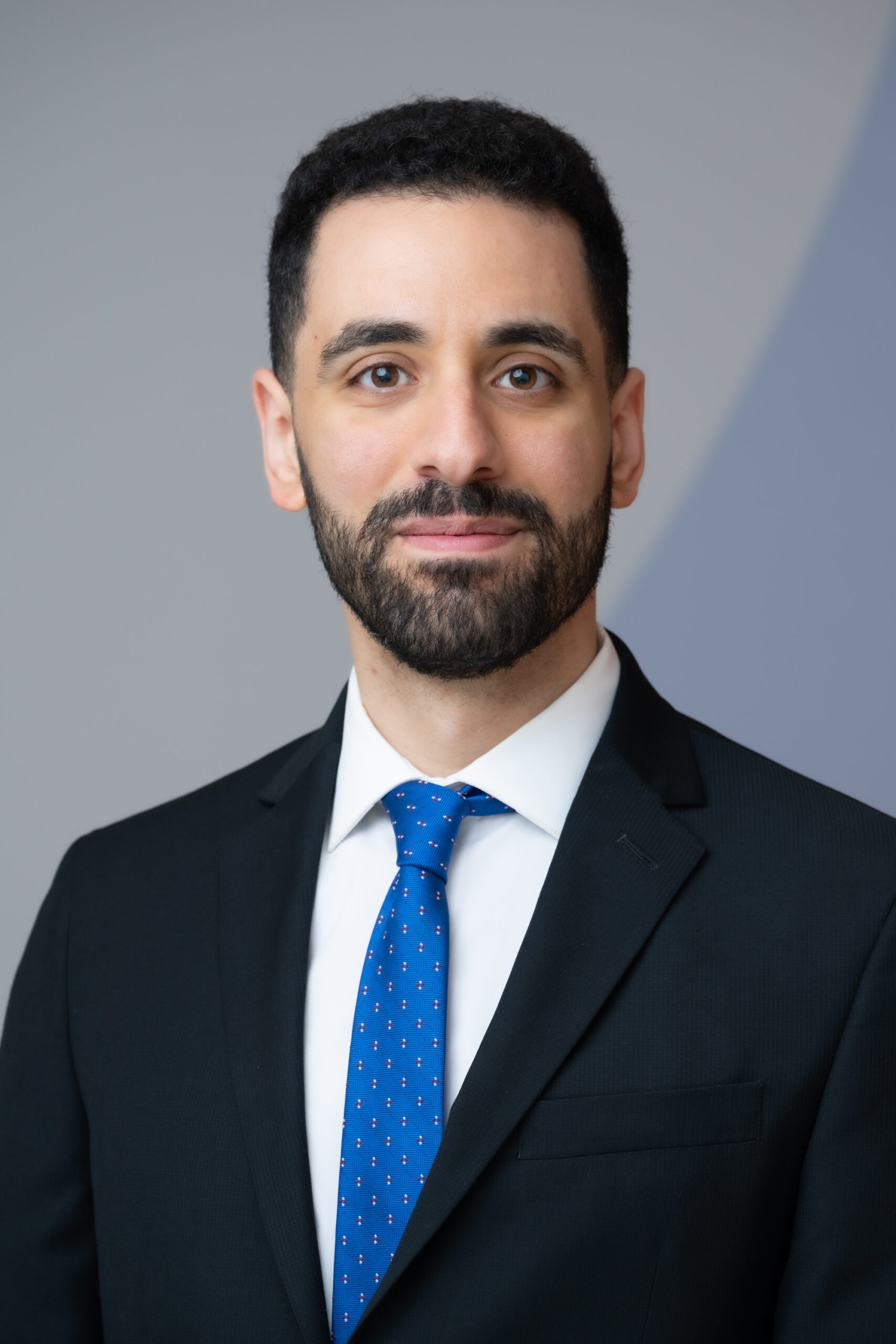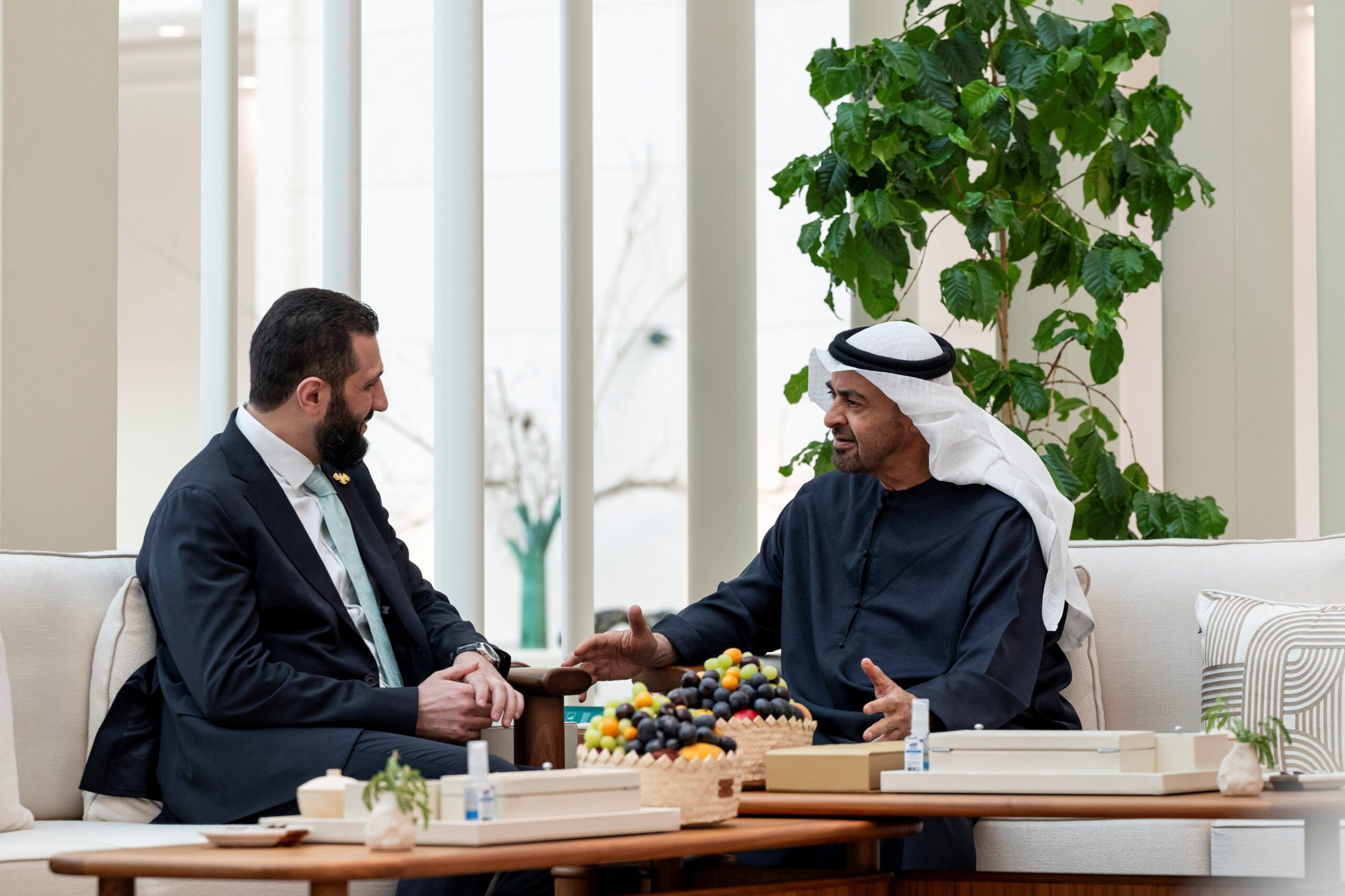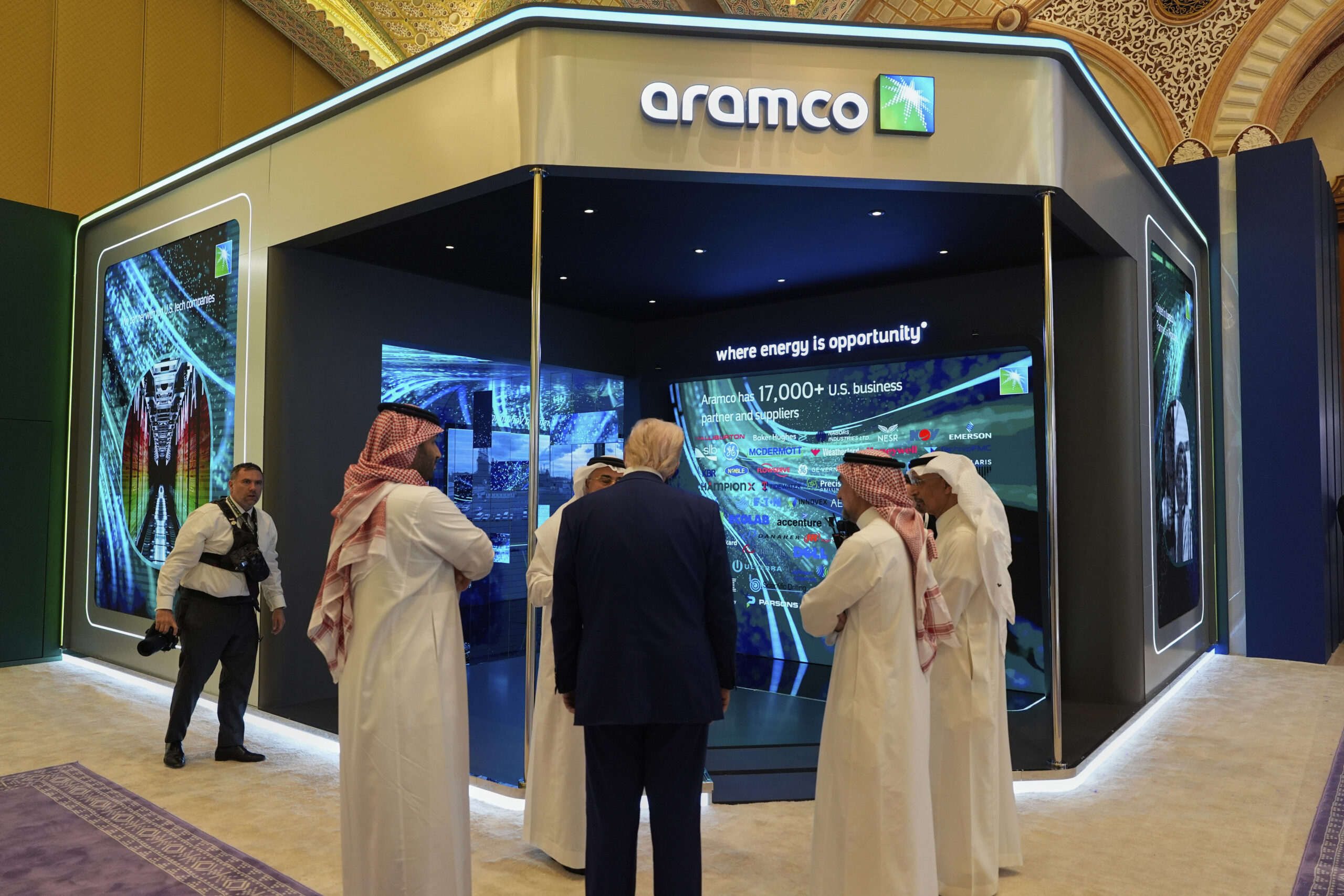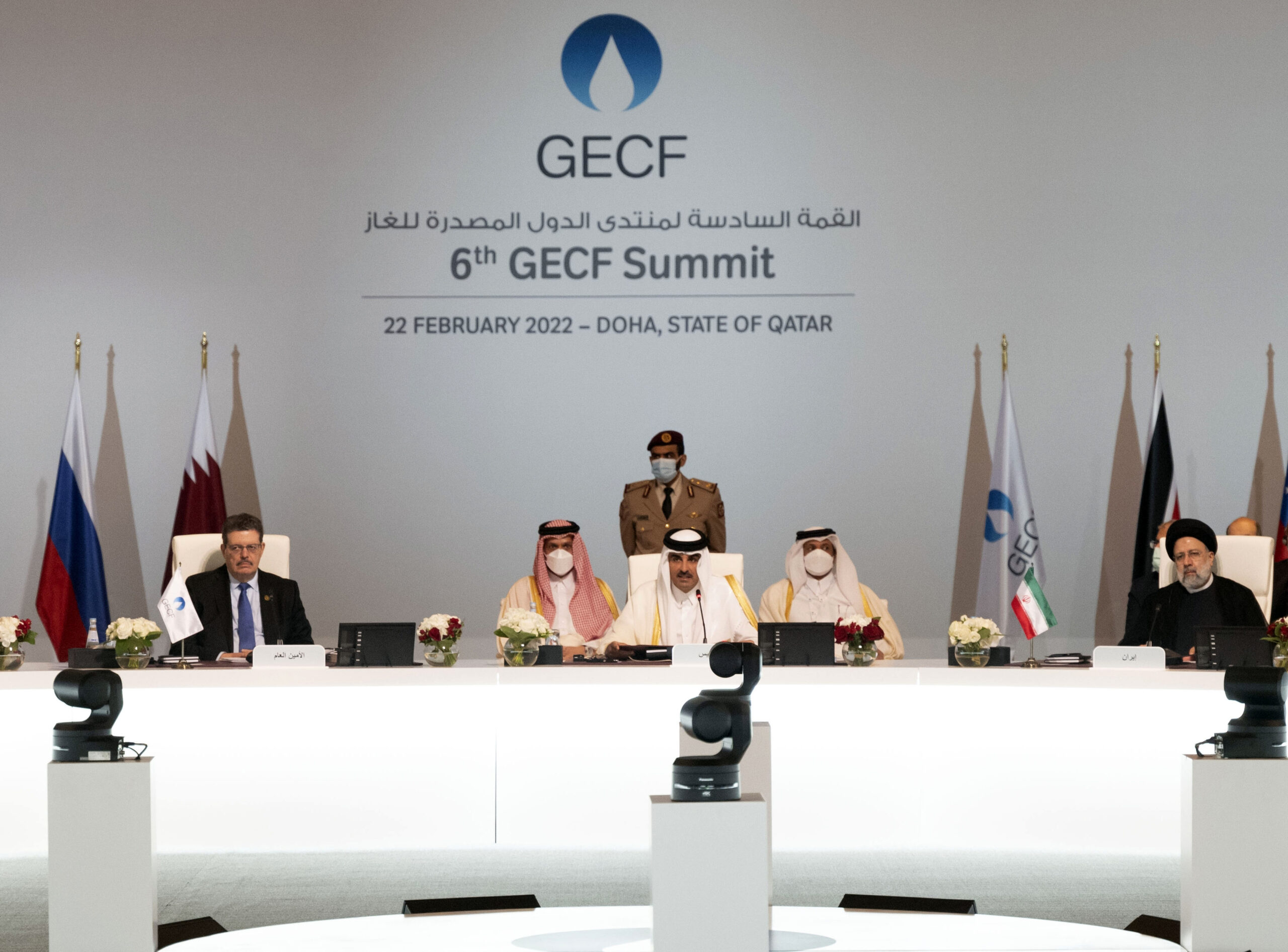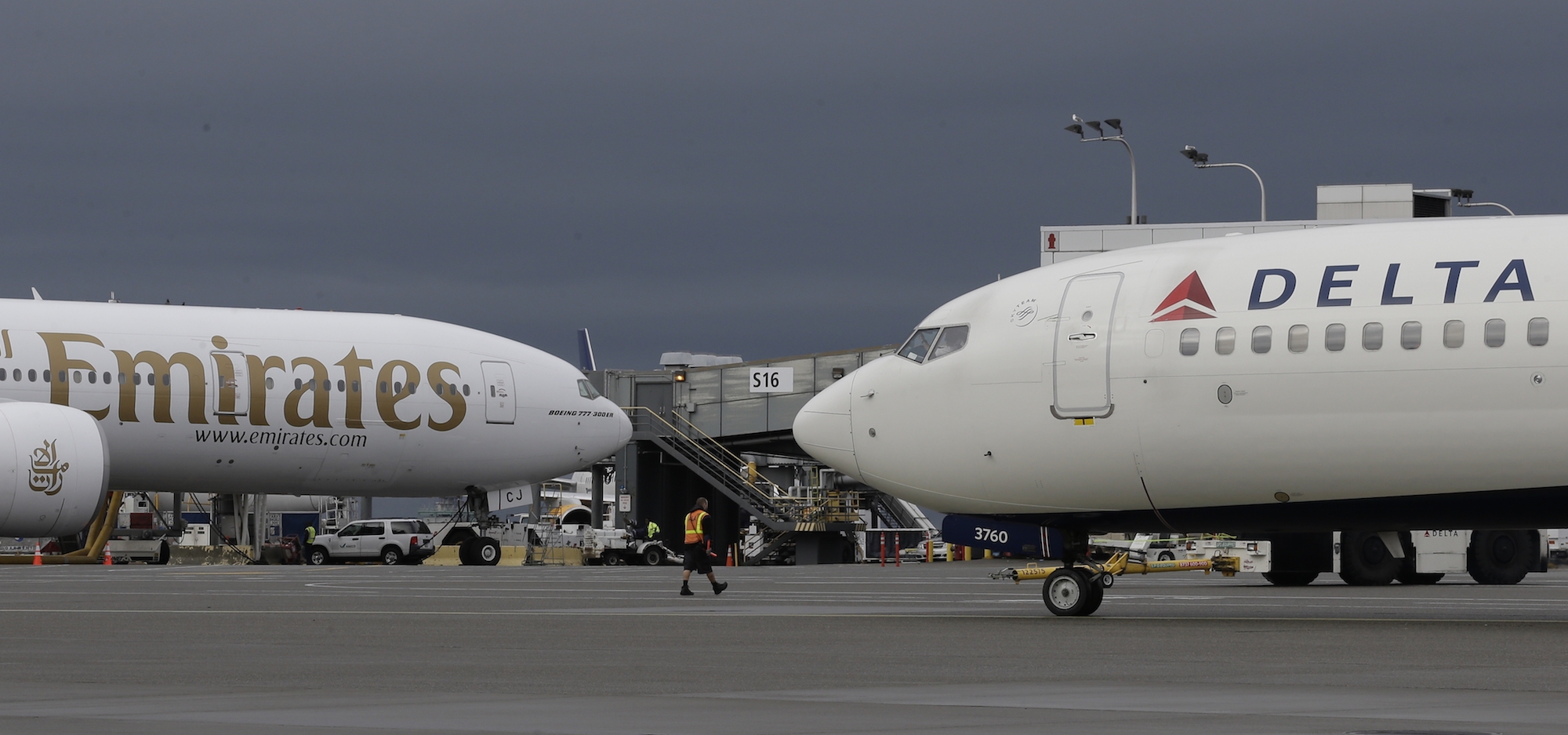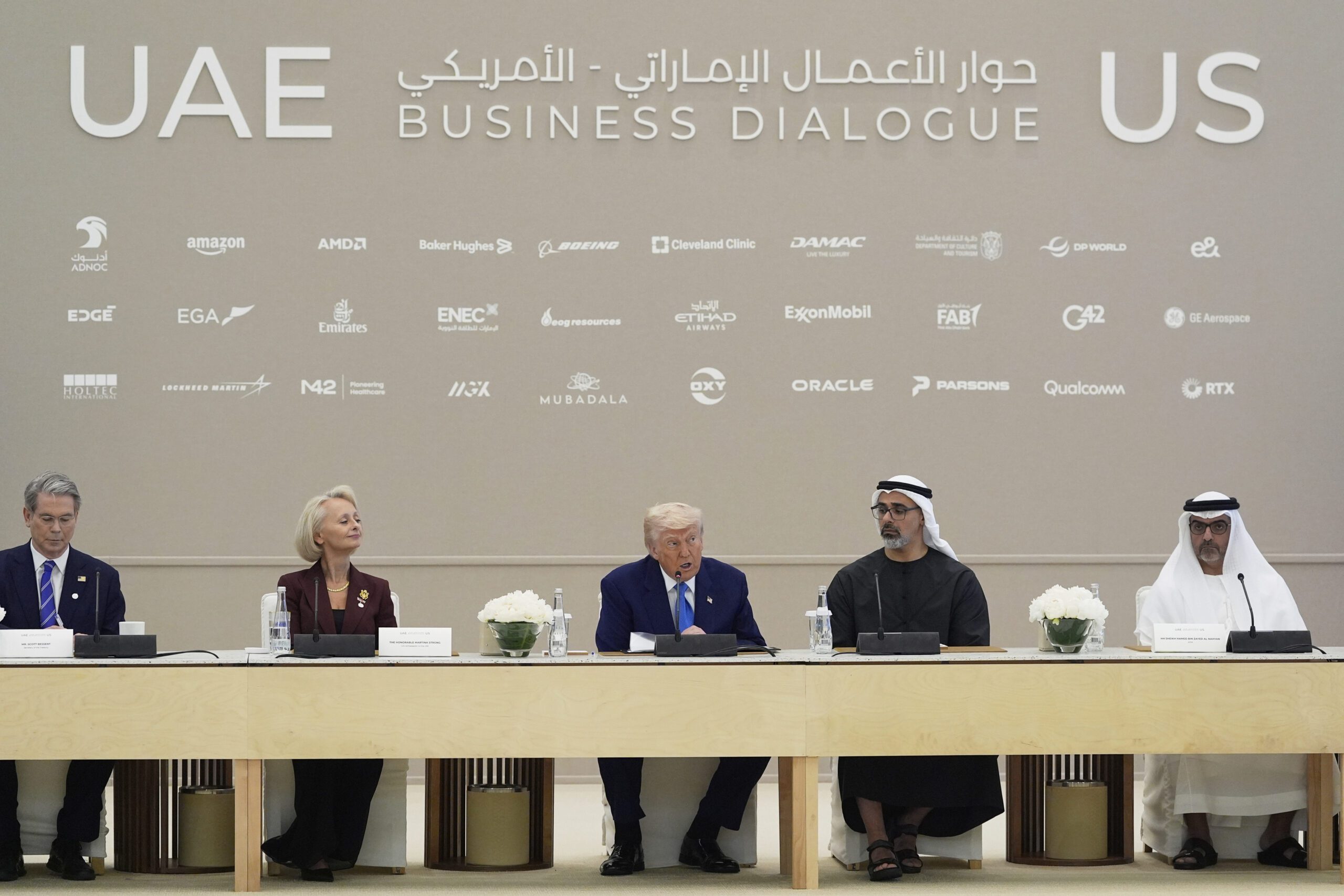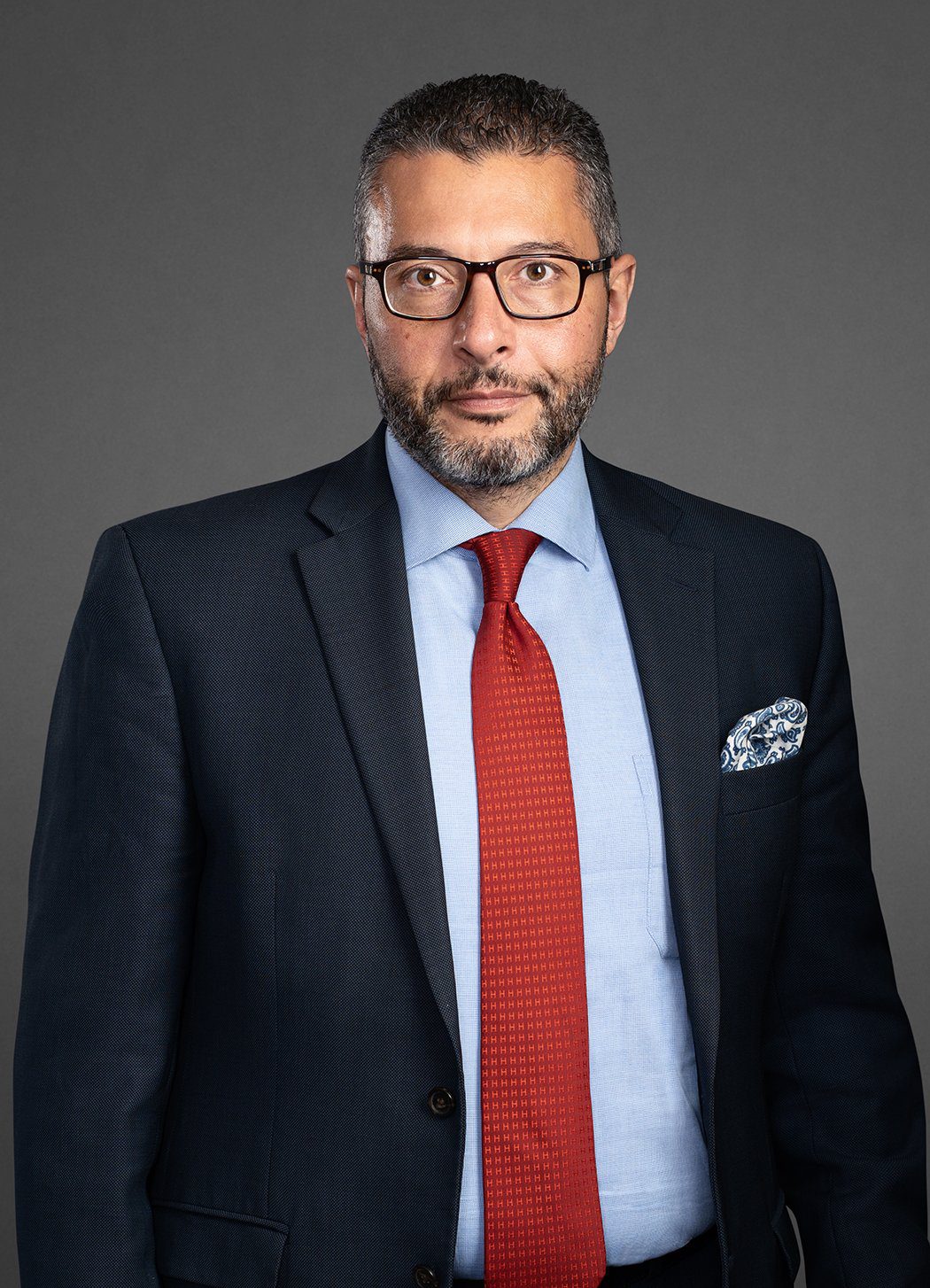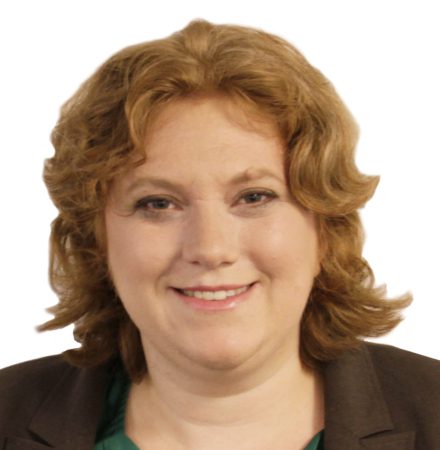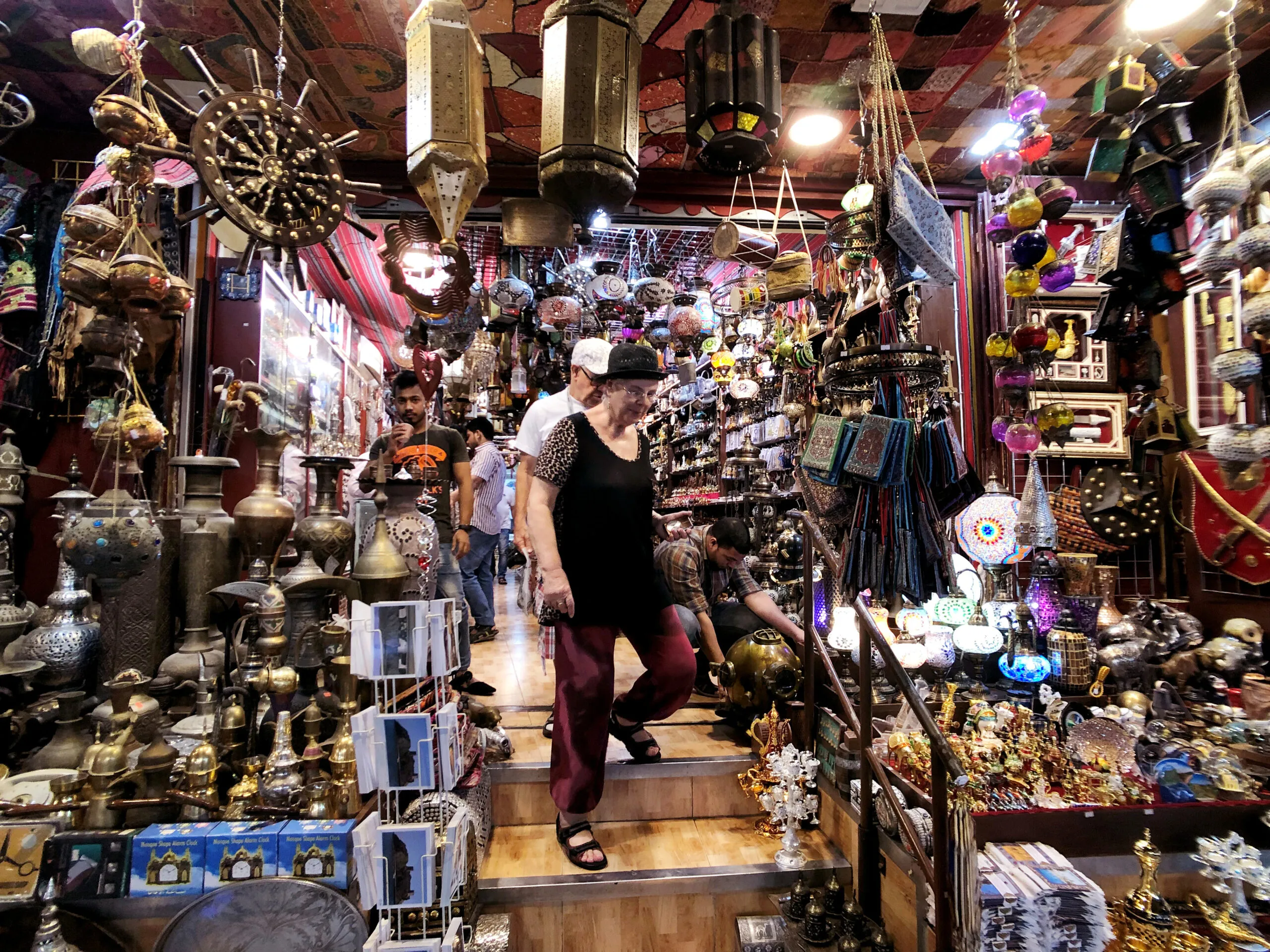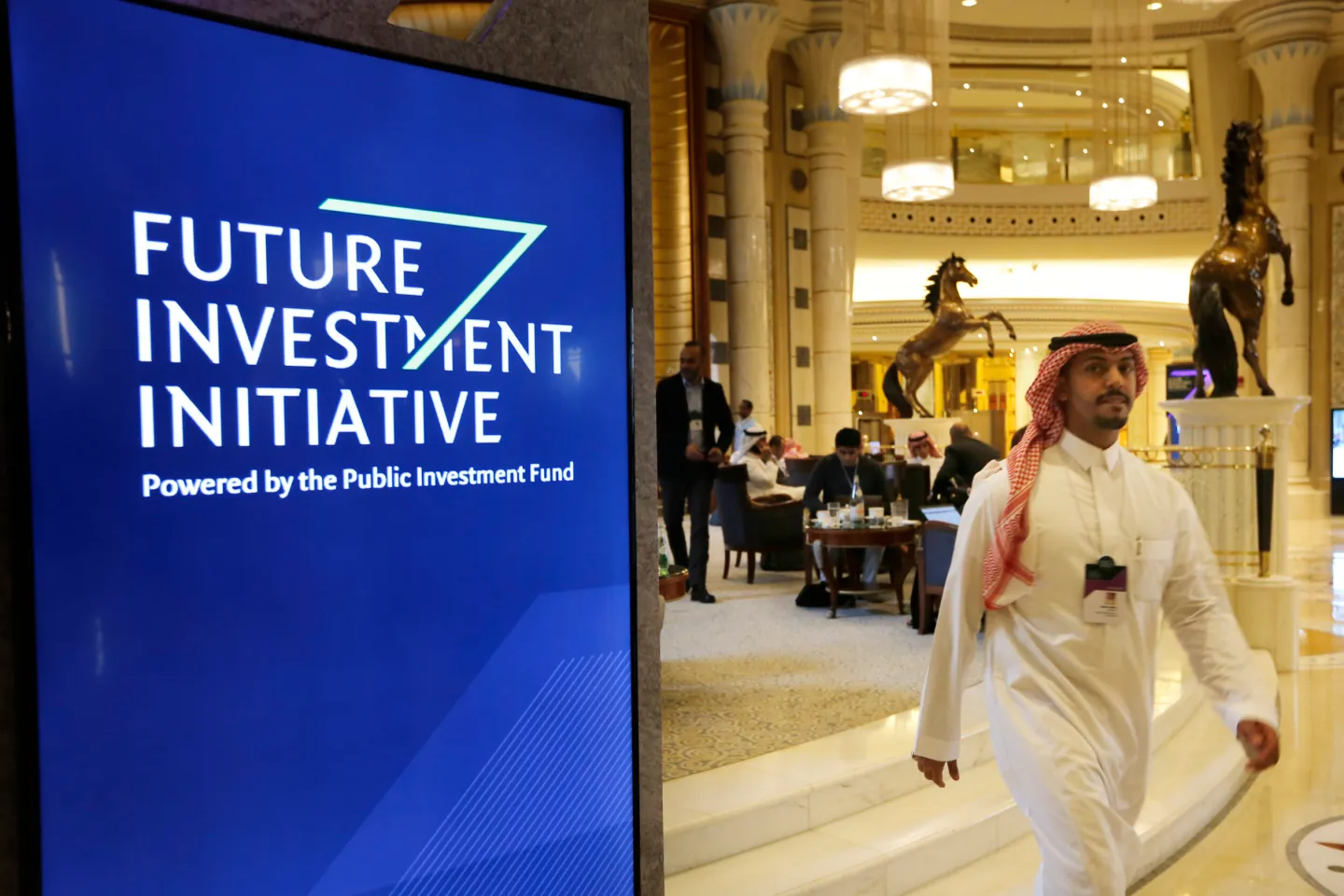Beyond Building: Private Financing, Ownership, and Management of Gulf Infrastructure
In response to fiscal pressures and concerns about the efficiency of project and service implementation, Gulf Arab states are increasingly looking to the private sector to finance and manage infrastructure projects.
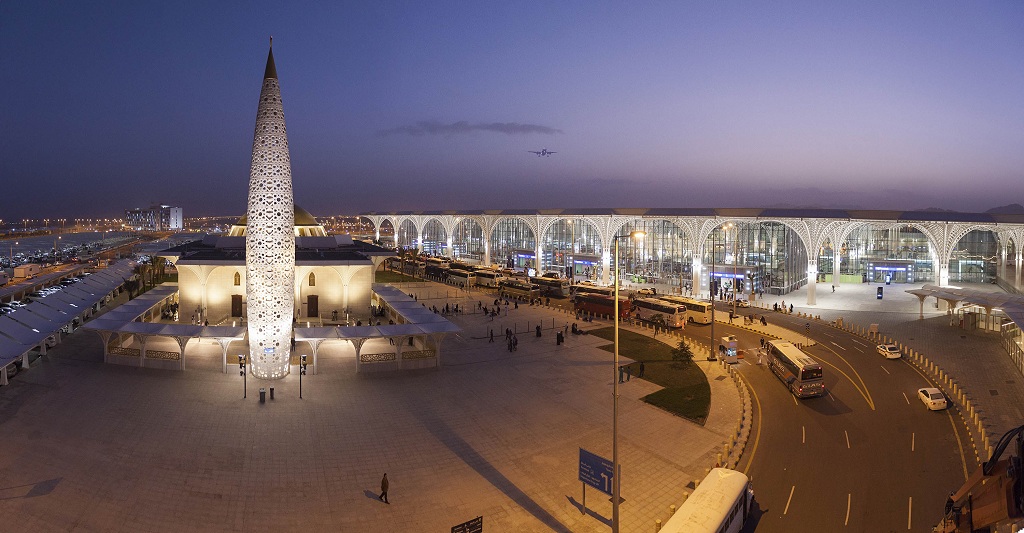
Executive Summary
In response to fiscal pressures and concerns about the efficiency of project and service implementation, Gulf Arab states are increasingly looking to the private sector to finance and manage infrastructure projects. This is a relatively new development because private involvement was previously limited largely to the telecoms and the power and desalination sectors. Now, a broader array of projects and activities are being considered for private sector involvement, ranging from airports in Saudi Arabia to hospitals in Kuwait and a stadium in Qatar. There is widespread interest in public-private partnership (PPP) models: Kuwait and Dubai have passed laws to govern these structures, and Qatar and Oman (and possibly Saudi Arabia) are also developing their own. In addition, there has been a renewed focus on privatization of state-owned assets, particularly in Saudi Arabia in the context of its National Transformation Program.
Private financing can help Gulf states to press ahead with infrastructure plans, aimed at diversifying their economies, while consolidating fiscal expenditure to adapt to new oil price realities. However, PPPs and privatizations are not a panacea and if not properly implemented they can result in project delays and have a negative impact on the cost and quality of services. There is also the threat of opposition from citizens, questioning the rollback of the public sector and the potential impact on employment, particularly if privatization plans are pushed ahead without adequate communication and consultation.
The AGSIW Visions of Change Series
As Gulf Arab governments adjust to fiscal deficits driven by lower oil prices, the state, traditionally the leader in economic development, is under pressure to utilize available finance from the private sector. In labor markets, the state will need to reassess its role in providing the bulk of job creation for Gulf citizens, as well as question its reliance on low-wage foreign labor. These recalibrations of the Gulf economic development model have been under discussion in the “visions” of national development plans for some time. But the necessity of expeditious structural reforms is now far more pressing. Diversification away from resource-dependent state spending will require changes across the economies, and the societies, of the Gulf Arab countries.
This paper is a part of AGSIW’s Visions of Change series, examining how the Gulf Arab countries are addressing reduced hydrocarbon revenue and responding to pressures to liberalize their economies. This series engages how these efforts are unfolding across the region, by sector and country, to underline the challenges, opportunities, and risks of innovation and economic change.
The views represented herein are the author's or speaker's own and do not necessarily reflect the views of AGSI, its staff, or its board of directors.
